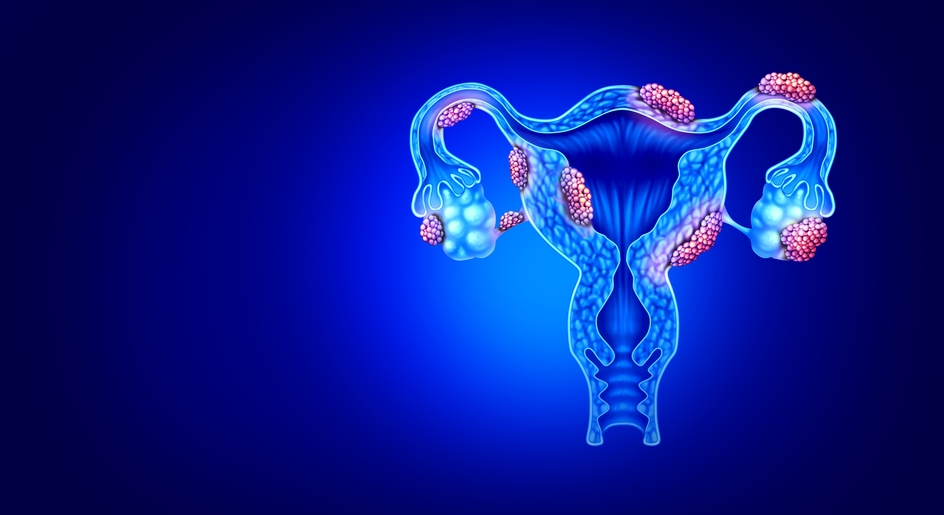Author: Dr.Amit Gupta MBBS, MD, KGMC, PGPN
Consultant: Paediatrician & Neonatologist Motherhood Hospital, Noida
Introduction:
Bringing a new baby into the world is a joyous occasion filled with excitement and anticipation. As parents, your top priority is ensuring the health and well-being of your little one. To help you navigate the intricate world of baby care, we’ve enlisted the expertise of Dr. Amit Gupta, a renowned Pediatrician and Neonatologist at Motherhood Hospital. In this comprehensive guide, we’ll cover everything from babyproofing your home to nourishing your baby’s development.
1.Babyproofing:
Before your little explorer starts crawling and walking, it’s essential to babyproof your home. Dr. Amit Gupta recommends securing cabinets, electrical outlets, and sharp corners to create a safe environment for your baby. Installing safety gates and removing choking hazards are also vital steps to take.
2.Baby Car Seats:
Ensuring your baby’s safety during car rides is non-negotiable. Dr. Gupta advises parents to choose an appropriate car seat that meets safety standards and follows proper installation guidelines. Rear-facing car seats are recommended for infants and young toddlers.
3.Baby Strollers:
Selecting the right stroller can make outings with your baby more comfortable and enjoyable. Dr. Gupta suggests considering your lifestyle and terrain when choosing a stroller. Always ensure your stroller is equipped with safety harnesses and is suitable for your baby’s age.
4.Baby Carriers and Slings:
Baby carriers and slings are fantastic for keeping your baby close while keeping your hands free. Dr. Amit Gupta encourages using these devices while ensuring they provide proper support for your baby’s neck and back.
5.Baby Monitors:
For peace of mind and convenience, baby monitors are a valuable addition to your nursery. Dr. Gupta recommends investing in a reliable baby monitor to keep an eye (and ear) on your baby when they’re asleep or in another room.
6.Baby Cribs:
Your baby’s crib should be a safe and comfortable sleeping haven. Dr. Gupta advises using a crib that meets safety standards, with a firm mattress and fitted sheets. Remove any loose bedding and toys to prevent suffocation hazards.
7.Baby Toys, Playtime, and Books:
Stimulating your baby’s senses and encouraging their development is crucial. Dr. Gupta recommends age-appropriate toys, interactive playtime, and reading books together to foster early cognitive and language skills.
8.Baby Music and Sensory Development:
Music and sensory experiences can enhance your baby’s development. Dr. Gupta encourages exposing your baby to different sounds, textures, and stimuli to promote sensory development and bonding.
9.Baby Solid Foods and Weaning:
Introducing solid foods is a significant milestone in your baby’s life. Dr. Gupta provides guidance on when and how to start solids, emphasizing the importance of offering a variety of nutritious options. He also discusses baby-led weaning as an approach to transitioning to solid foods.
10.Baby Food Recipes and Allergies:
Dr. Amit Gupta shares delicious and safe baby food recipes while addressing common concerns about food allergies. He highlights the importance of introducing potential allergens with caution.
11.Baby Growth Spurts:
Babies go through growth spurts, which can affect their eating and sleeping patterns. Dr. Gupta explains what to expect during these periods and offers tips on how to support your baby’s growth and development.
12.Baby Sleep Training and Sleep Regression:
Getting your baby into a healthy sleep routine is essential for both parents and babies. Dr. Gupta provides insights into sleep training methods and discusses common sleep regression phases and how to handle them.
Conclusion:
Navigating the world of baby care can be challenging, but with expert advice from Dr. Amit Gupta, Pediatrician and Neonatologist at Motherhood Hospital, you can feel confident in providing the best care for your little one.
At Motherhood Hospitals, we have a team of experienced super specialists backed by the latest in infrastructure and facilities. We have the best Paediatricians in Noida that consists of a team of paediatric specialists that cater to all the needs of children, across age groups, and provide the best care for your child’s development.
Do take an appointment with the best child care hospital in Noida at a centre closest to you. Meet with our doctors who will carry out the required investigations, diagnose the issue and recommend the most appropriate treatment, enabling you to lead an active life.
If you wish to get in touch with Dr. Amit Gupta, please book your appointment here.


 Toll Free Number
Toll Free Number
















